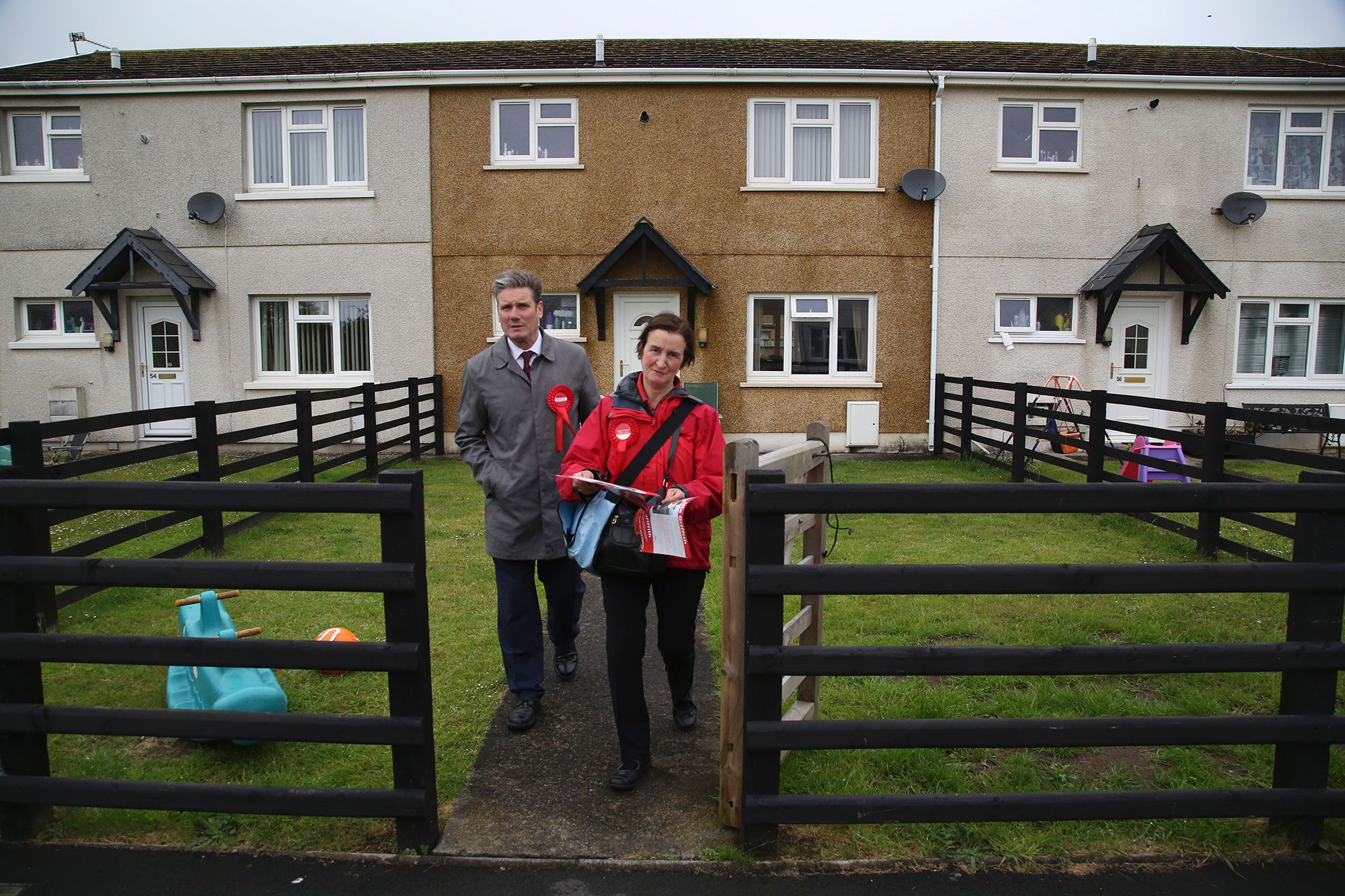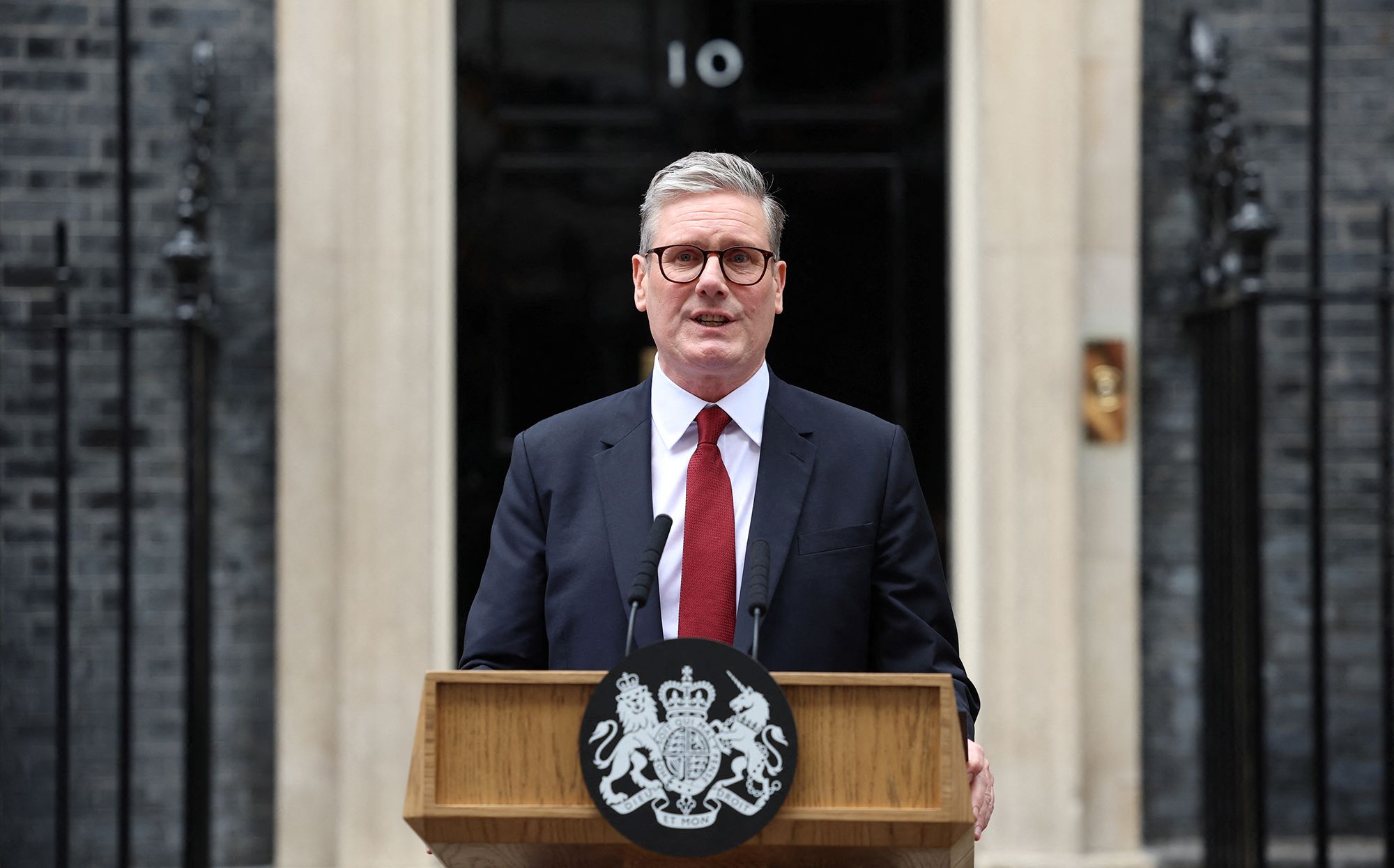Keir Starmer Becomes Prime Minister After A Landslide Victory
The center-left Labour Party has won Britain’s general election by a landslide, ending a 14-year era of Conservative rule in decisive fashion.
Leadership and Promises
Labour leader Keir Starmer is the new Prime Minister, succeeding Rishi Sunak. Starmer, 61, has promised to be the agent of change that Britain needs. He aims to grow the country’s economy by reforming planning laws and investing in a new industrial strategy. Moreover, he has stated his commitment to establishing a national wealth fund with £7.3 billion ($9.2 billion) of public money to support the transition to net zero emissions.
However, critics from the right argue that Starmer will need to raise taxes to fund his plans, while skeptics on the left believe his manifesto lacks the ambition needed to truly transform Britain for the better.
Starmer’s Background
Once a leading human rights lawyer, Starmer became Director of Public Prosecutions in 2008, overseeing the Crown Prosecution Service of England and Wales. This high-profile role subsequently earned him a knighthood, making him the first-ever Labour leader to enter office with the title “Sir.”



Starmer’s Public Life
Starmer has consistently campaigned on issues important to the country. In 2016, he became the party’s shadow Brexit spokesperson after Labour leader Jeremy Corbyn appointed him following the referendum.

In March 2017, he addressed the Chatham House audience regarding the implications of Britain’s decision to leave the European Union. He stated, “While Labour did not support leaving the European Union and I campaigned passionately against it, we have accepted that choice.” This statement reflects his understanding of the changing political landscape.
Recent Campaign Developments
The political journey for Starmer has not been without challenges. Recently, members of his party have criticized certain decisions, arguing for a more vigorous approach, particularly in re-engaging with younger voters and addressing pressing social issues.

As Labour leader, Starmer aims to unify his party and focus on policies that promote economic stability and social equity. His vision, therefore, revolves around building a more inclusive Britain that prioritizes the needs of all its citizens.





